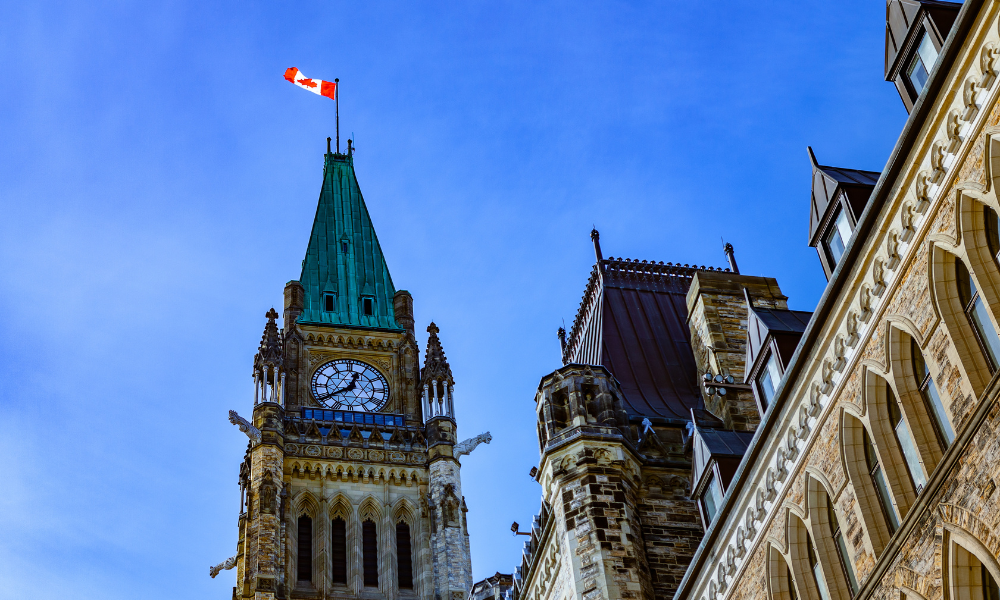
The court said faster resolution of the lawsuit could allow Parliament to address US tariff concerns

A lawsuit that aims to quash Prime Minister Justin Trudeau’s prorogation of Parliament can be expedited because it should be resolved before the end of the prorogation period on March 24, a federal court ruled on Saturday.
The court said it could potentially schedule a hearing of the application in the last week of February or a week in mid-March but said it could not do so sooner without compromising the fairness of the proceeding. This schedule would allow Parliament to recover enough time to debate the tariffs threatened by US President Donald Trump “and otherwise fulfil its constitutional role,” the court said.
“I recognize that it would… be in the public interest for the parties and the intervenors to have more time to prepare their submissions, and for the court to have the benefit of those submissions,” said Saturday’s decision.
“However, I find that there is a countervailing and greater public interest in having the serious issues raised by the applicants determined in time to preserve the possibility that Parliament be in a position to address, for a meaningful period of time prior to March 24, 2025, the ‘grave challenge’ that the threatened 25% tariff poses to Canada.”
The lawsuit, backed by the Justice Centre for Constitutional Freedoms, was filed by David Joseph MacKinnon and Aris Lavranos, two Nova Scotia residents, in early January.
James Manson, a senior lawyer with Charter Advocates Canada who represents the plaintiffs, told Canadian Lawyer that the lawsuit seeks answers to questions that have never been posed: “What is the power of the prime minister or the executive, in our system of government, to suspend parliament? Are there limits to that power? And if there are limits, what are they?”
The lawsuit asked the court to issue an expedited order setting aside Trudeau’s prorogation of Parliament.
However, the Attorney General of Canada countered that an expedited process was not justified, arguing that the issues raised in the lawsuit “are speculative, general and are not susceptible to being resolved by the remedy sought.”
According to the attorney general, the executive branch will continue to function while Parliament is prorogued. The government can continue to conduct foreign relations, make policy decisions, hold Cabinet meetings, and address threats to public peace, the attorney general said, adding that Trudeau also has the power to advise the Governor General to summon Parliament during prorogation.
Considering scheduled recess time, prorogation only covers five weeks of scheduled sitting time in the House of Commons, so prorogation “will not materially impair Parliament’s role or oversight function,” the attorney general argued.
The federal court disagreed. “The fact that the executive branch of government will continue to function during the period that Parliament is prorogued is beside the point,” the court said. “The fact remains that there would be no opportunity for Parliament to carry out its constitutional functions, including by availing itself of legislative tools at its disposal, for a significant period during which Canada will likely face a grave challenge.”
The court added that the issues raised in the lawsuit are not speculative.
“Among other things, and beyond the above-mentioned statement of former Finance Minister Freeland, the fact that Prime Minister Trudeau convened a meeting with the Premiers of Canada’s provinces and territories two days after the President-elect’s threatened 25% tariff attests to the pressing nature of that threat,” the court said.
The Privy Council Office declined to comment on the decision on Monday, citing that the matter is still before the courts. Counsel for the plaintiffs did not respond to a request for comment.